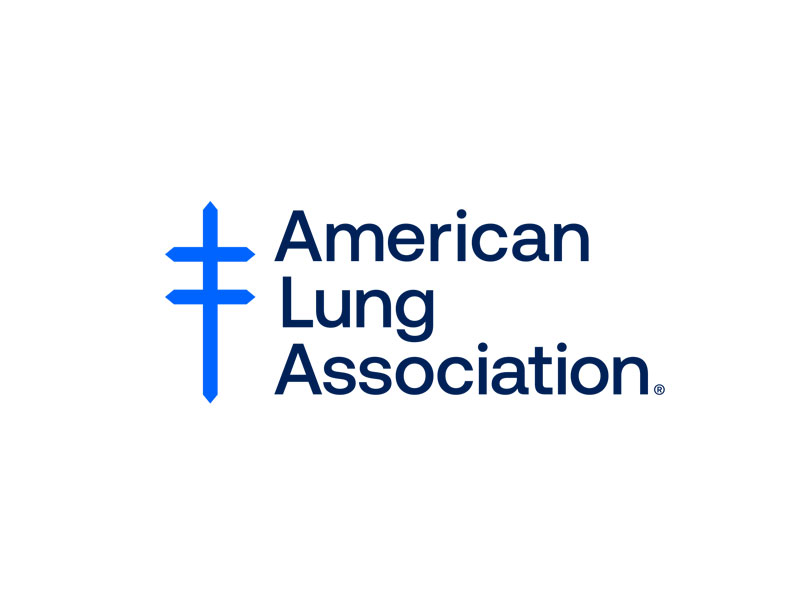American Lung Association Research Institute has officially announced that, during the past year, it invested $22 million in what was one of the largest programs across the country focused on lung health.
According to certain reports, within the given timeframe, the institute funded 139 research grants, including the Airways Clinical Research Centers (ACRC), and strategic research partnerships focused on finding ways to identify, treat, and cure lung disease.
Alongside that, the institute also announced a series of awards that addressed many aspects of lung disease. More on these awards would reveal how they included American Lung Association/AAAAI Allergic Respiratory Diseases Award, American Lung Association/ATS/CHEST Foundation Respiratory Health Equity Research Award, Catalyst Award, Emerging Respiratory Diseases (formerly, COVID-19 Respiratory Virus Research Award), Public Health & Public Policy Research Award, Hastings Innovation Award for Interstitial Lung Disease, Dalsemer Interstitial Lung Disease Award, Innovation Award, and the Lung Cancer Discovery Award.
As for the winners, they begin from James Krings, MD, Washington University of St. Louis School of Medicine, who won the Public Policy and Public Health Award, thanks to his study titled “Dissemination of a cost-analysis of guideline-recommended Single Maintenance and Reliever Therapy (SMART) for asthma”. In essence, the stated study is focused on increasing Medicaid payor awareness of a single asthma inhaler treatment called SMART, which combines a long-term anti-inflammatory medicine and quick-relief medicine, all while reducing the risk of asthma flare-ups by about 30% compared to two separate inhalers.
“The newly funded projects, spanning from asthma and COPD research to lung cancer and respiratory viruses, are a vital part of the Lung Association’s mission to save lives by improving lung health. Over the past 120 years, the Lung Association has been at the forefront of improving lung health and has contributed to major public health achievements such as the fight against tuberculosis, advancements in lung cancer treatments, and research on respiratory viruses like COVID-19,” said Harold Wimmer, President and CEO of the American Lung Association.
The next winner in line would be Sergejs Berdnikovs, PhD, Northwestern University Feinberg School of Medicine, who won the Emerging Respiratory Pathogen Award for a study titled “Airway metabolic dysfunction and severe respiratory viral infections”. The stated study is basically geared towards enhancing the understanding of a link between metabolic diseases and viral infections. To better gauge the significance of such an effort, we must acknowledge that people with diabetes and obesity are at a significantly higher risk for severe viral infections, including serious complications from COVID-19. Hence, Berdnikovs’ study can go a long distance in developing prevention strategies or treatment to protect people with diabetes from such a complication.
Moving on to the Lung Cancer Discovery Award, it was secured by Milica Momcilovic, MD, PhD, University of California, Los Angeles, for a study known as “Estrogen-GPCR signaling axis drives resistance to targeted therapy”. The study in question has been working to determine how an experimental drug called TAK228, inhibits tumor growth in lung squamous cell carcinoma (LUSC), a subtype of Non-Small Cell Lung Cancer, in combination with other drugs. Such an effort becomes all the more important once you consider that previous studies have shown an estrogen-related link to this type of cancer.
“Our research investments are also guided by the belief that everyone deserves to breathe healthy air,” said Wimmer. “From tackling lung cancer to exploring the health impacts of indoor air, these grants represent a broad commitment to improving lung health and finding solutions for those most affected by lung diseases.”






